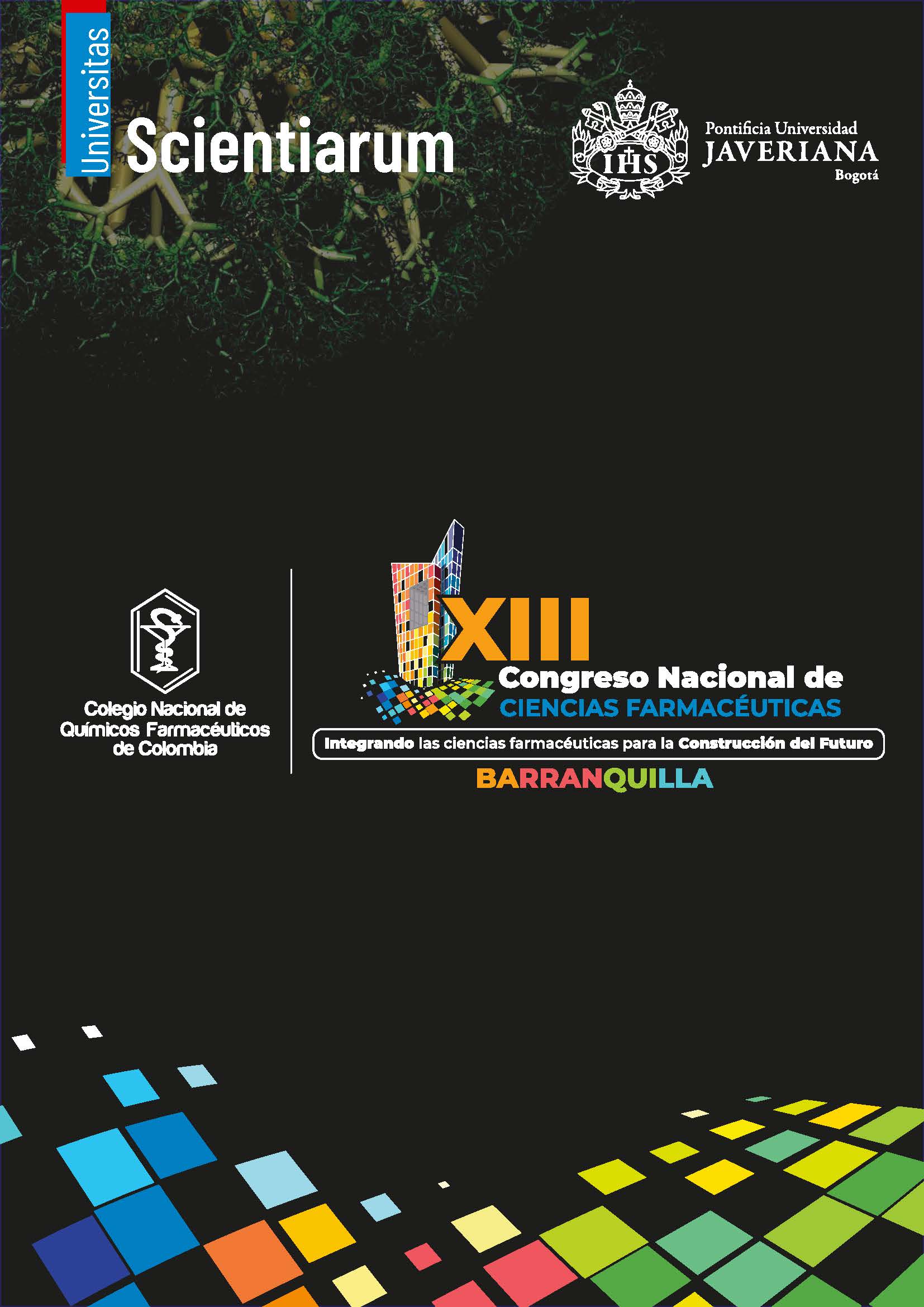Abstract
Hematuria is a common clinical finding, with an estimated prevalence ranging from 2.5% to 20% in adults and is of urological origin in most cases. Standard management includes hydration, bladder irrigation with saline, and clot evacuation; however, refractory cases require alternative therapies. Aluminum sulfate, owing to its astringent and hemostatic properties, has emerged as a promising therapeutic option. This study aimed to describe the clinical experience with continuous bladder irrigation using 1% aluminum sulfate in refractory hematuria. An observational, descriptive, and retrospective study was conducted in a tertiary referral hospital in Barranquilla, Colombia, in 2024. Ten male patients hospitalized with spontaneous hematuria unresponsive to conventional management were included. The intervention consisted of continuous bladder irrigation with a 1% aluminum sulfate solution (30 g in 3000 mL of sterile water, infused at 200 mL/h). Clinical variables, comorbidities, cystoscopic findings, infectious parameters, and therapeutic outcomes were analyzed. The median age was 71 years. The most frequent comorbidities were prostatic disease (90%), arterial hypertension (60%), and chronic kidney disease (60%). During hospitalization, 60% of patients developed bacterial colonization, progressing to urinary tract infection in 30% and bacteremia in 10%. The most prevalent microorganism was Klebsiella pneumoniae (30%), followed by Escherichia coli and Acinetobacter baumannii (10% each). Urinalysis confirmed significant hematuria in all cases, with >3 red blood cells per field, predominance of fresh erythrocytes, and marked leukocyturia in 40%. Cystoscopic findings revealed prostatic abnormalities in 90%, bladder inflammation in 20%, and lithiasis in 10%, with retained clots in all cases. Following irrigation with aluminum sulfate, complete resolution of hematuria was achieved in 100% of patients within 48–72 hours, with no major adverse events attributable to aluminum. Continuous bladder irrigation with 1% aluminum sulfate proved to be a safe and effective therapeutic alternative in refractory hematuria. Its mechanism of action, based on protein precipitation and local vasoconstriction, reduces capillary permeability, edema, and blood extravasation, promoting hemostasis. Further prospective studies are warranted to validate its safety and establish standardized treatment protocols.

This work is licensed under a Creative Commons Attribution-NonCommercial 4.0 International License.


